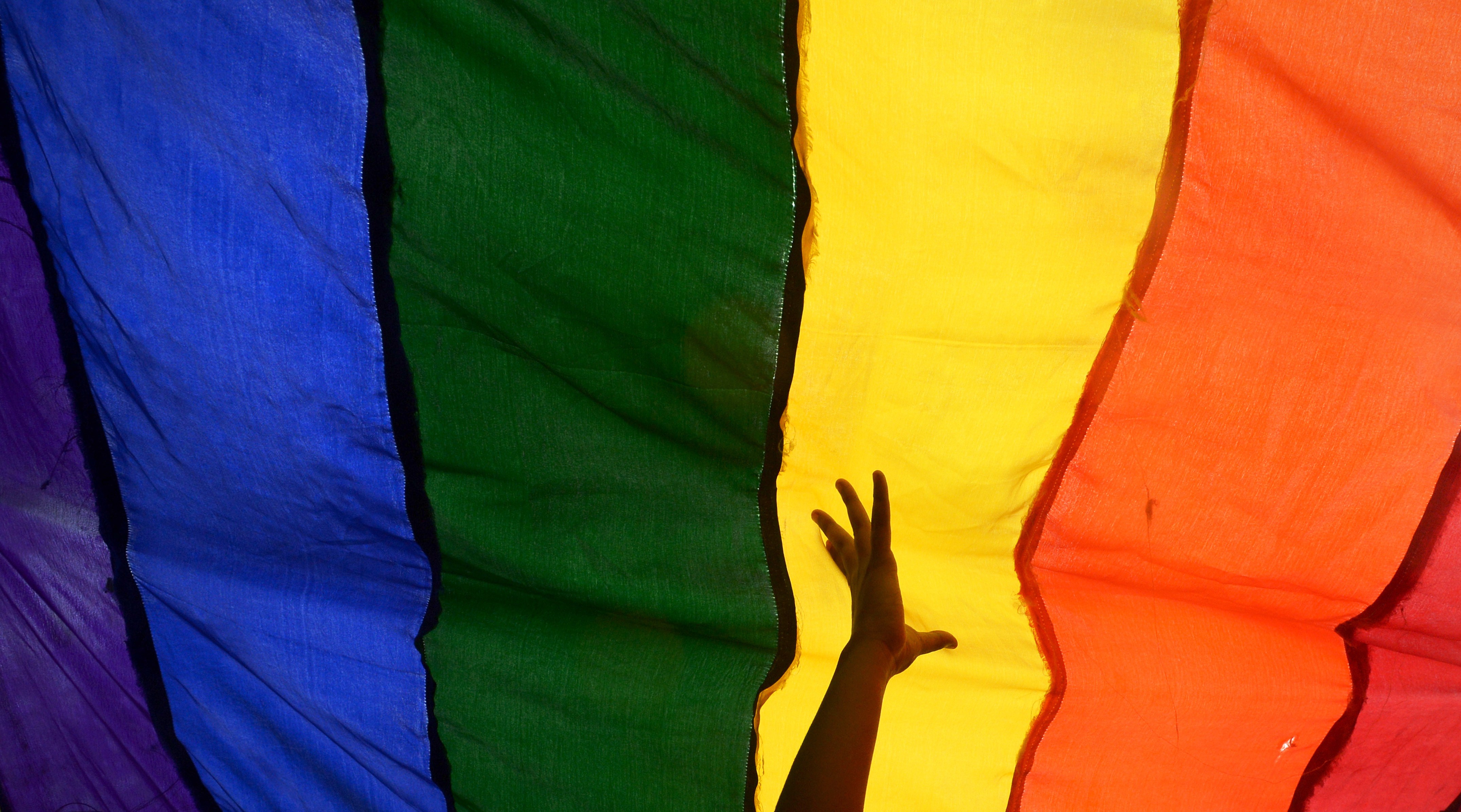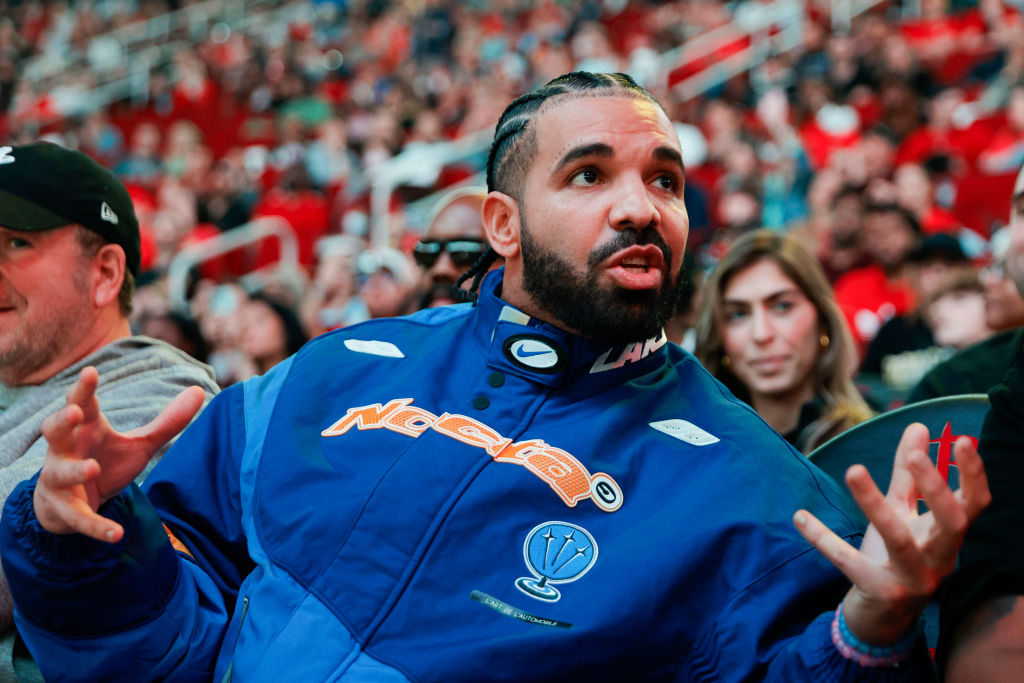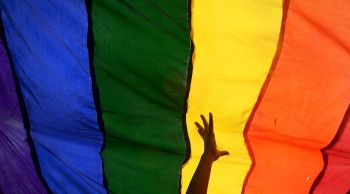
Source: Getty / Getty
While many in the LGBTQ+ community participated in Pride celebrations across the country this weekend, there were some who took the annual celebration back to it’s roots: resistance.
Protesters hit the streets at parades across the country New York City, Chicago, D.C., and plenty of other cities to fight for a variety of causes, ranging from violence against transgender women of color and police violence to the corporate sponsorship of pride and mass deportations. Organizer Angela Peoples told CNN that many protesters were united by the general concerns of “whitewashing” the LGBTQ community.
“There’s a broad concern among LGBTQ folks, especially people of color, that this movement claims victory around marriage equality and has very much left behind those of us who still experience marginalization,” Peoples said.
Black Lives Matter protesters took to the streets in Minneapolis in honor of Philando Castile, delaying the parade for over an hour as they called for police to be excluded from Pride events. Similar demonstrations occurred in Seattle, where advocates blocked roads in honor of Charleena Lyle, the 30-year-old Black pregnant woman who police shot last week.
In New York City, police reported 12 people were arrested and charged with disorderly conduct outside of the historic Stonewall Inn. They were carrying signs that read “No Cops, No Banks.” Onlookers from the crowd who participated reportedly cheered as the protestors were removed.
The upsetting irony for the latter is that this is the exact location where “The Stonewall Riot” took place nearly 50 years ago. The police raided the Stonewall Inn, an intentionally queer safe space, just after 3 a.m. on June 28th 1969. As people in the community were dragged out of the bar, iconic trans people of color such as Marsha P. Johnson and Sylvia Rivera began to throw bottles at the police. This uprising marked the beginning of the LGBTQ+ civil rights movement and is the reason why there is a pride parade at all.
“If you truly honor the history of Pride as well as the crisis we’re in, then you will recognize the need for disruption to bring attention to issues of marginalized people,” Peoples said. “This is not a one-off movement.”
















